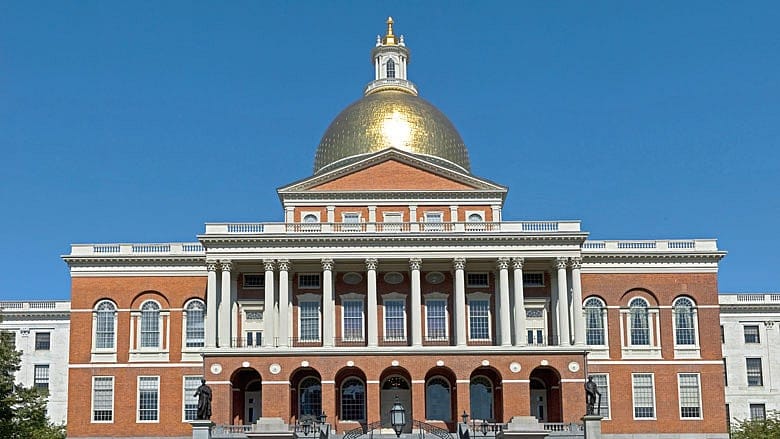Lawmakers slap together on-time budget

STATE HOUSE — Responding to instability in the stock market that has shredded revenue estimates for next year, House and Senate leaders on Thursday will seek passage of a $39.15 billion budget accord for the fiscal year beginning Friday that slashes $750 million in projected revenue and $413 million in proposed spending from budget bills agreed to in April and May.
The (H 4450), reached on Wednesday by six House and Senate negotiators, preserves increases to local aid and school funding for cities and towns, as well as substance abuse programs, but leaves many agencies and programs receiving level funding or minimal increases as the page turns Thursday night from fiscal 2016 to fiscal 2017.

